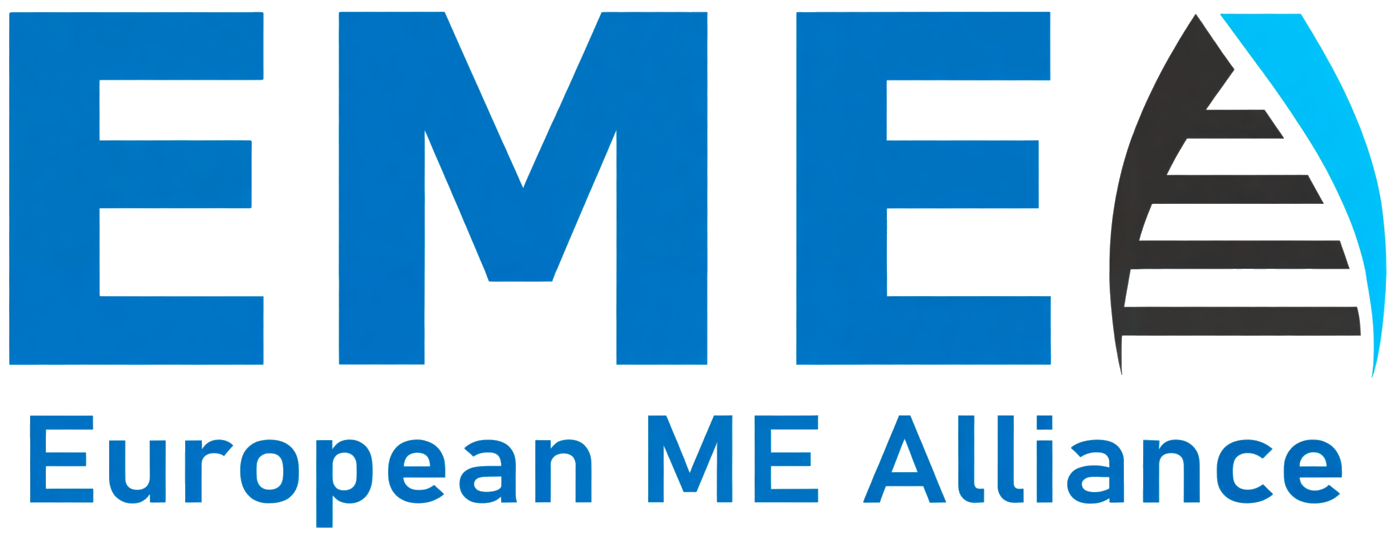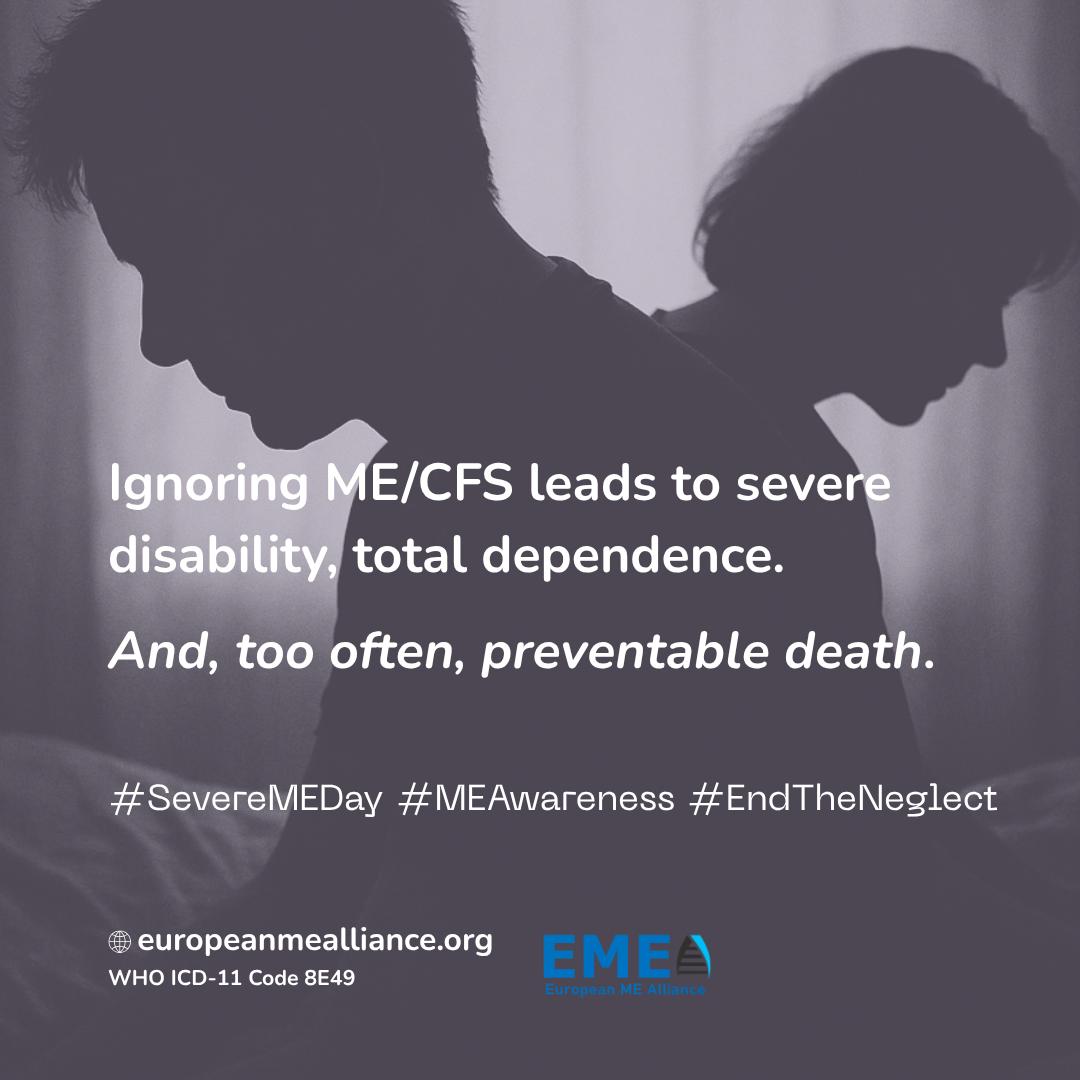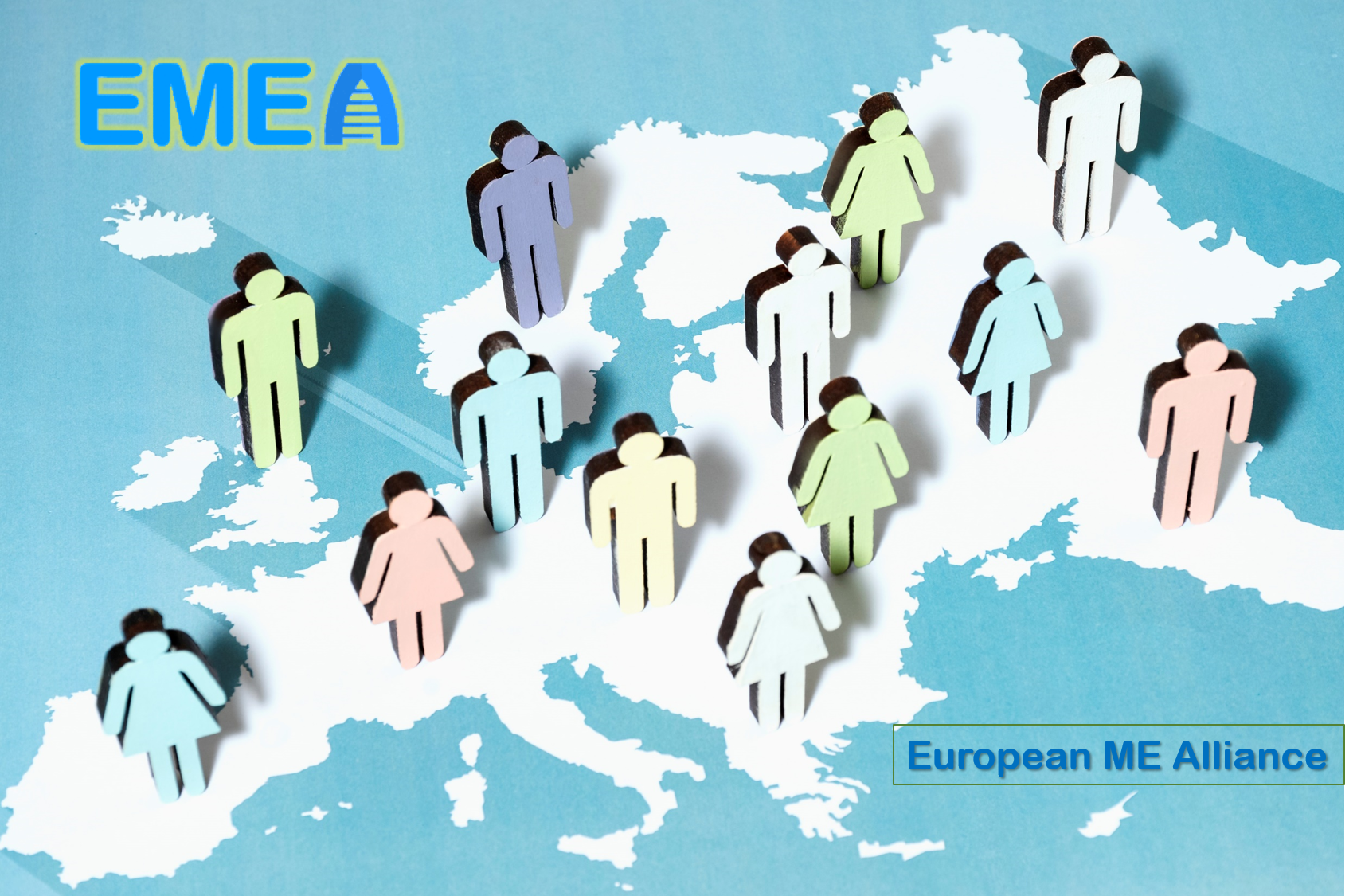Supporting the ME Community
Myalgic Encephalomyelitis (ME, sometimes referred to as ME/CFS) presents numerous and profound challenges for patients
and their families.
Despite the serious impact of this illness, governments, healthcare systems, and research communities have too
often neglected to treat
and research ME adequately.
This neglect has resulted in various difficulties in how society recognises and supports
those affected.
Discussing some of the more sensitive and delicate issues related to long-term illness - where hope may
frequently feel out of reach - can be
difficult and uncomfortable.
We do not wish to dwell on these topics, though we feel a responsibility
to address them honestly in
order to identify ways to reduce risk and save lives.
World Suicide Prevention Day was established in 2003 by the International Association for Suicide Prevention (IASP)
in collaboration with
the World Health Organization (WHO) and other partners.
Its objective is to raise global awareness and promote action to prevent suicides.
Reflecting this, the European ME Alliance (EMEA) supports this year’s
theme, "Changing the Narrative on Suicide" - a call to transform the way
society addresses and understands suicide.
This theme encourages open, honest conversations, challenges stigma,
and promotes compassionate support
alongside systemic change. By shifting from silence and misunderstanding to openness, empathy, and support,
we can create safer spaces for those
struggling and foster genuine hope.
EMEA continues to highlight the urgent need to recognise and support individuals with ME, a serious neuro-immune illness officially acknowledged by WHO ICD-11.
The debilitating symptoms of ME - including
profound fatigue, cognitive dysfunction,
and post-exertional malaise - drastically impair lives.
Shockingly, up to 69% of people with ME cannot
work, and around a quarter are housebound
or bedbound. For too many, early death by suicide remains a tragic consequence.
Why the Risk is Elevated
- Chronic symptoms erode autonomy, social connections, and independence.
- Lack of effective treatments and slow biomedical progress contribute to feelings of hopelessness.
- Stigma and dismissal by healthcare systems and society intensify isolation and distress.
EMEA has called for the EU to take realistic, systemic steps within existing frameworks to address the profound human and economic toll of ME and begin a process to transform the way ME patients are treated:
- Commission an EU-wide Impact Assessment via DG SANTE or the Joint Research Centre, to reliably map prevalence, economic burden, and care gaps using standardised data systems like ICD-11 and SNOMED CT.
- Include ME in the EU Disability Strategy to ensure individuals with invisible disabilities receive appropriate consideration in Member State policies and funding programmes like ESF+.
- Coordinate and increase biomedical research support by backing initiatives such as the European ME Research Group (EMERG) through EU funding mechanisms including COST, EU4Health, and Horizon Europe.
- Fund open-access, evidence-based training for healthcare professionals utilising programmes like Erasmus+, EU4Health, or the EU Academy to improve diagnosis and care quality.
These proposals focus on leveraging existing structures to treat ME as the urgent public health challenge it is, without creating new bureaucracies.
Early Action Can Make a Difference - What You Can Do Now
Early recognition, compassionate support, and equitable access to care can save lives and reduce suffering. Addressing ME requires empathy from society and commitment from policymakers to foster inclusiveness and improve patient outcomes.
If you live with ME and feel overwhelmed:
- Talk to someone you trust - a friend, family member, or healthcare provider.
- For immediate help, contact:
- Befrienders Worldwide befrienders.org
- Samaritans (UK & ROI): 116 123
- International directory: findahelpline.com
- Connect with patient organisations and peer support networks via EMEA: europeanmealliance.org/groupmembers.shtml
If you know someone with ME:
- Listen and believe their experience - validation is crucial
- Offer practical help - small gestures can reduce isolation
- Challenge stigma - advocate for respectful, evidence-based care
- Encourage connection - community builds hope.

Who We Are
The European ME Alliance (EMEA) is a network of national patient organisations and charities united in its objective: to improve the lives of people with ME across Europe.
We advocate for:
- Human rights for all patients - especially those most severely ill
- Evidence-based care grounded in science
- Ending stigma, delays, and harmful treatments
- Funding biomedical research needed for real progress
- Making sure no patient is left behind - no matter how invisible
We initiated and support European networks for researchers and clinicians (European ME Research Group) and for young/early career researchers (Young EMERG) to kickstart collaborative European research in the absence of official support.
In addition, we have partnered with the European Federation of Neurological Associations (EFNA), the European Disability Forum (EDF), and the European Patients’ Forum (EPF).
EMEA holds non-state actor status with the World Health Organization Regional Office for Europe, allowing it to participate officially in WHO regional meetings and advocate for ME at the European public health level.
We are working to ensure ME gets the recognition and resources it desperately needs across the EU.






